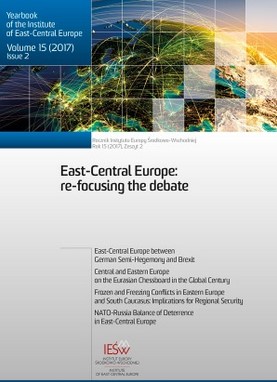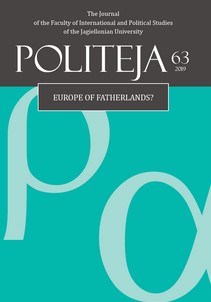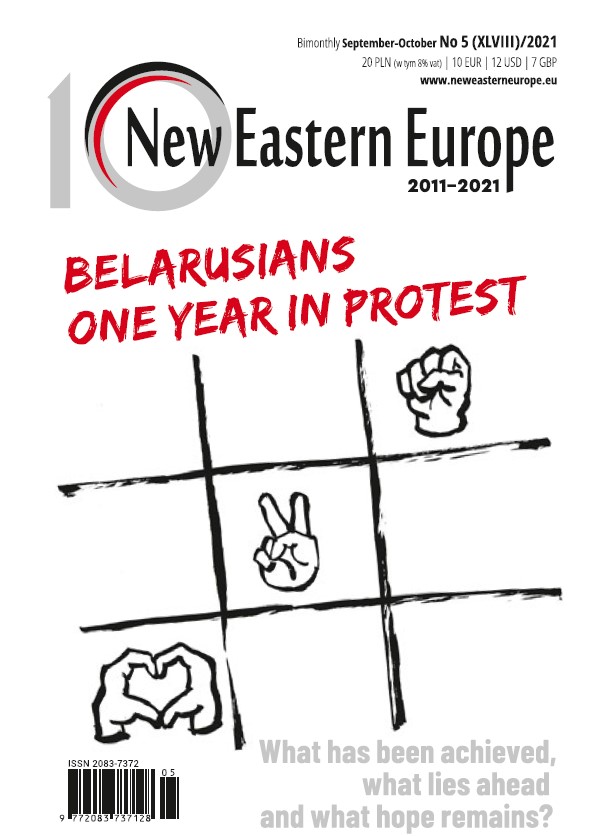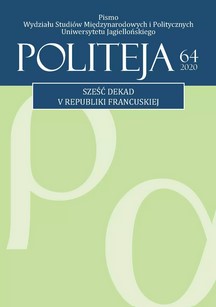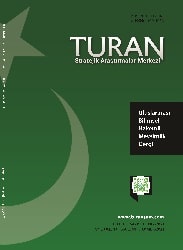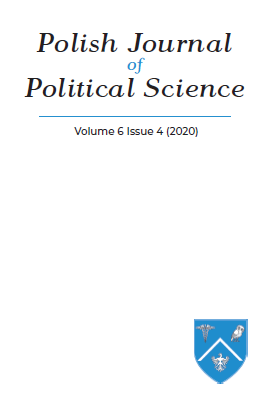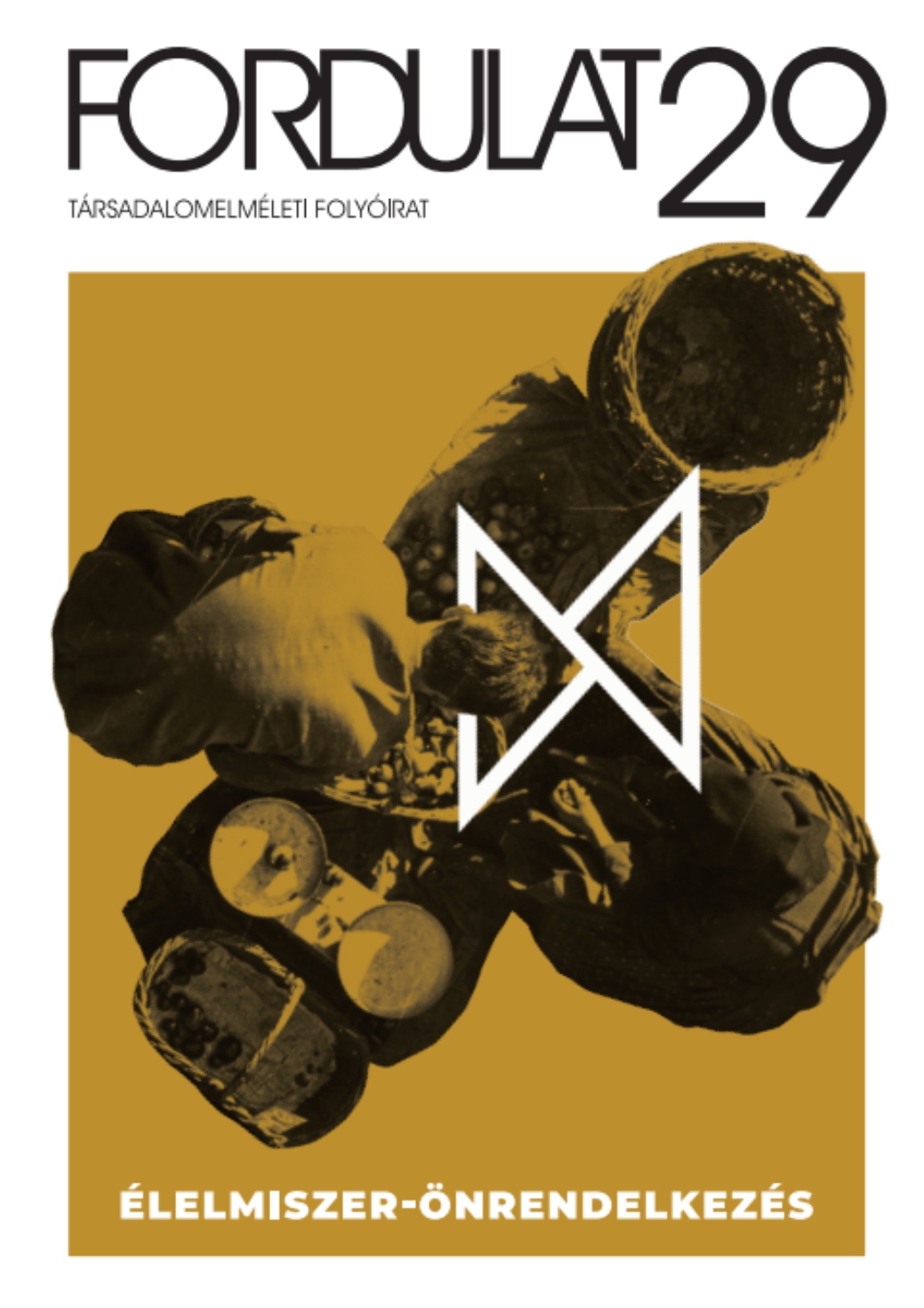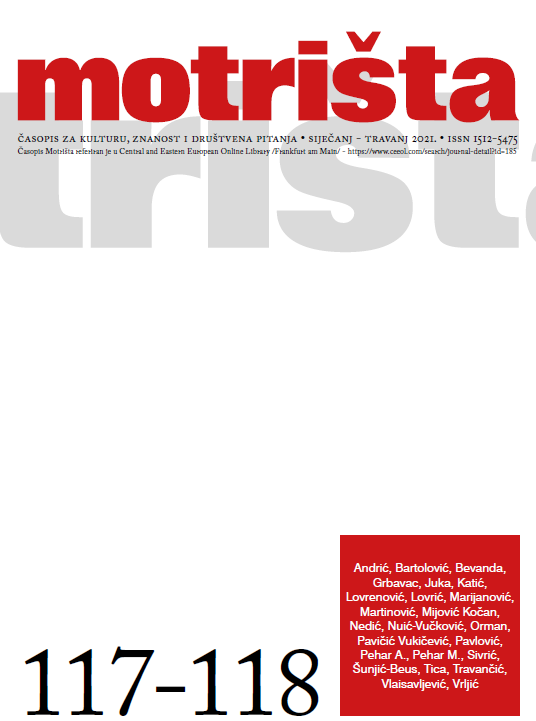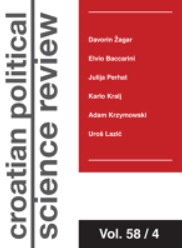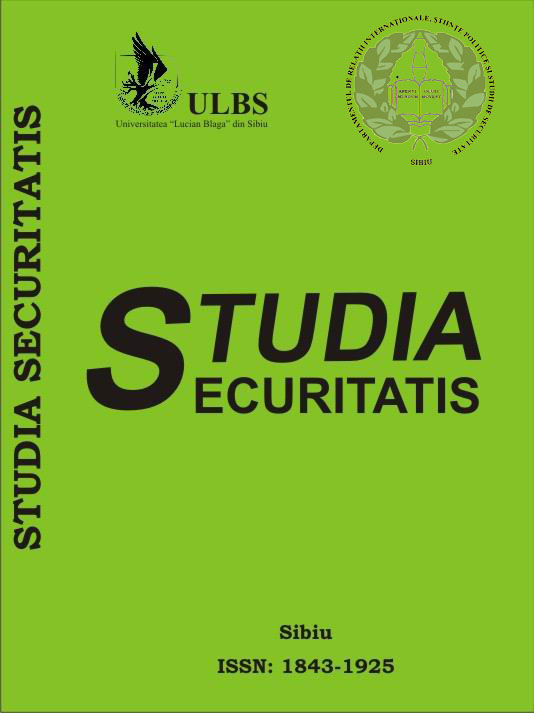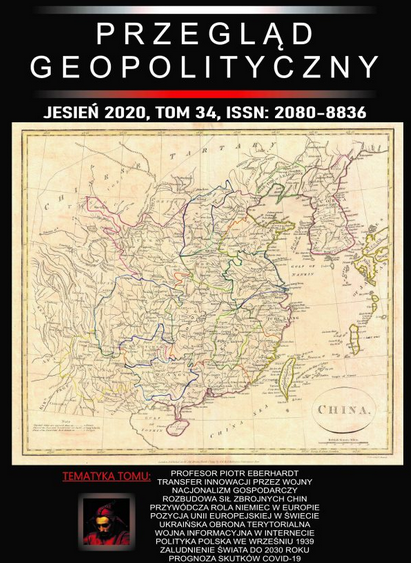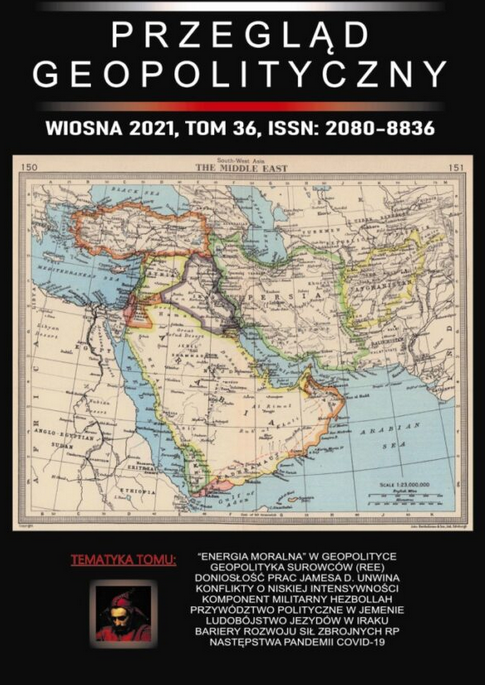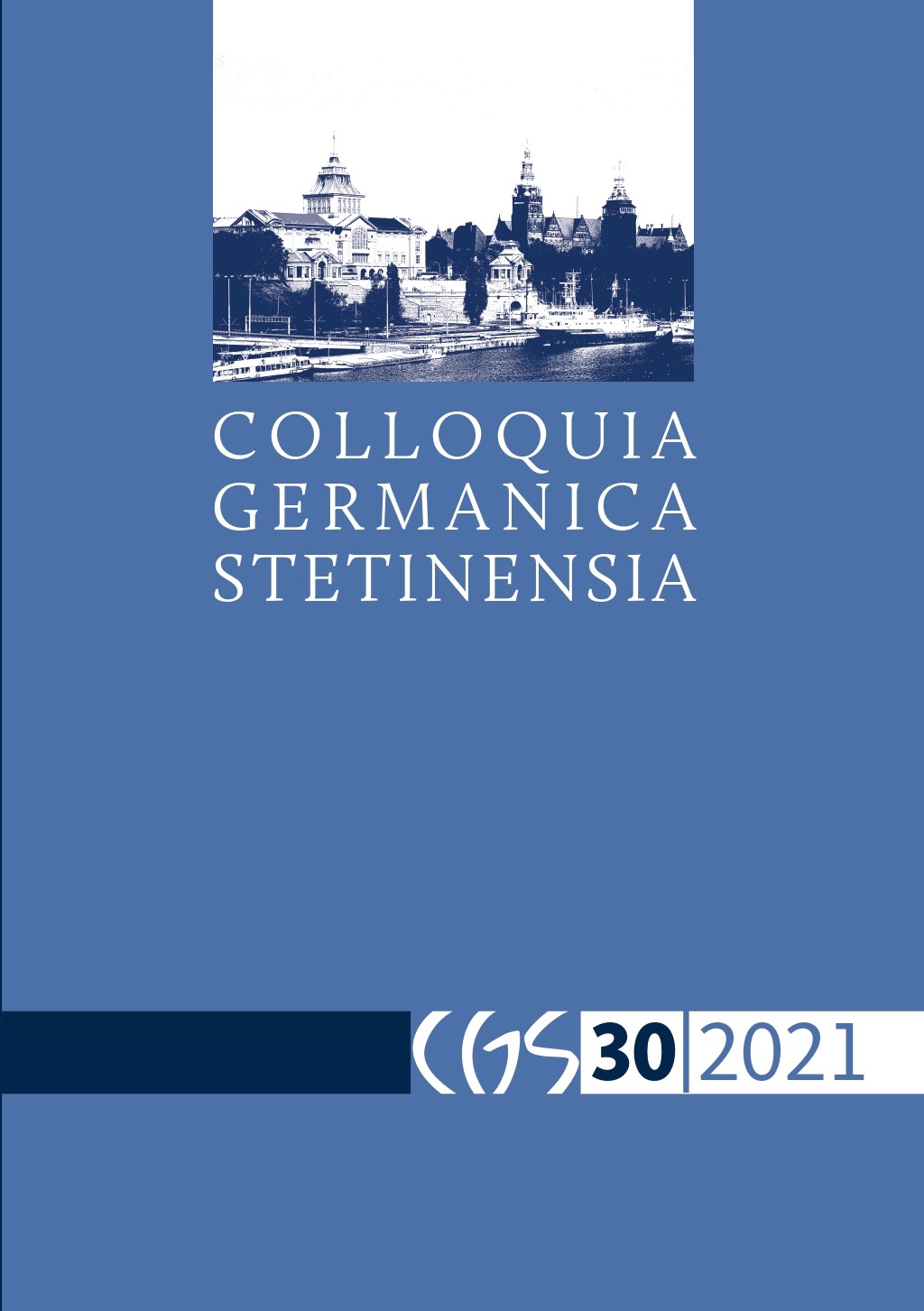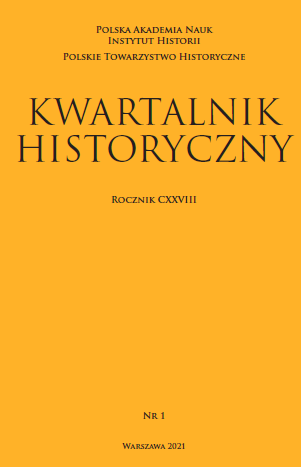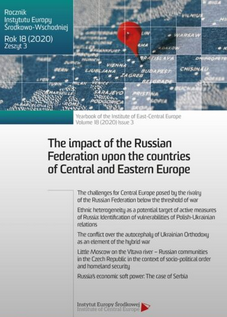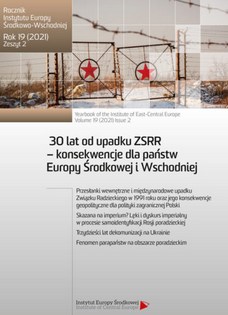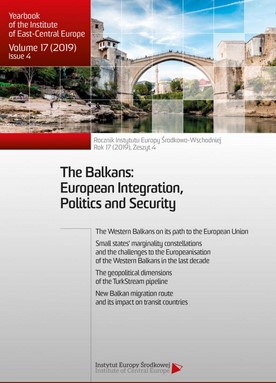
Small states’ marginality constellations and the challenges to the Europeanisation of the Western Balkans in the last decade
By focusing on the Western Balkans, this paper asks two questions: first, how small states that are both EU members and candidates for membership understand their role within this normatively powered order and, second, what their roles and agency mean for the order they are socialised into via democratic norms. The notions of hierarchies and orders are conceptualized in this paper as processes of norm diffusion and understood within the socialisation of democratic norms, which, according to the literature, can be institutionalised, rejected, or modified locally. First, I argue that such measurements can help us understand how the EU’s practices shape the broader understanding of its actorness in normative and strategic terms toward the Western Balkans. Second, I scrutinise national strategies related to the processes of state-building, security, economy, and society to demonstrate how Serbia and Croatia present their agency as supporting and affirming of the prevalent conception of order in norm localisation, or being more critical of it in the process of localised norm contestation. Third, the effects of EU approaches that provide more tactical and technical views of Europeanisation, rather than (a strategic) full thrust on enlargement, are discussed in the conclusion by bringing the comparative insights together and parsing them by means of the shelter theory for small states.
More...
